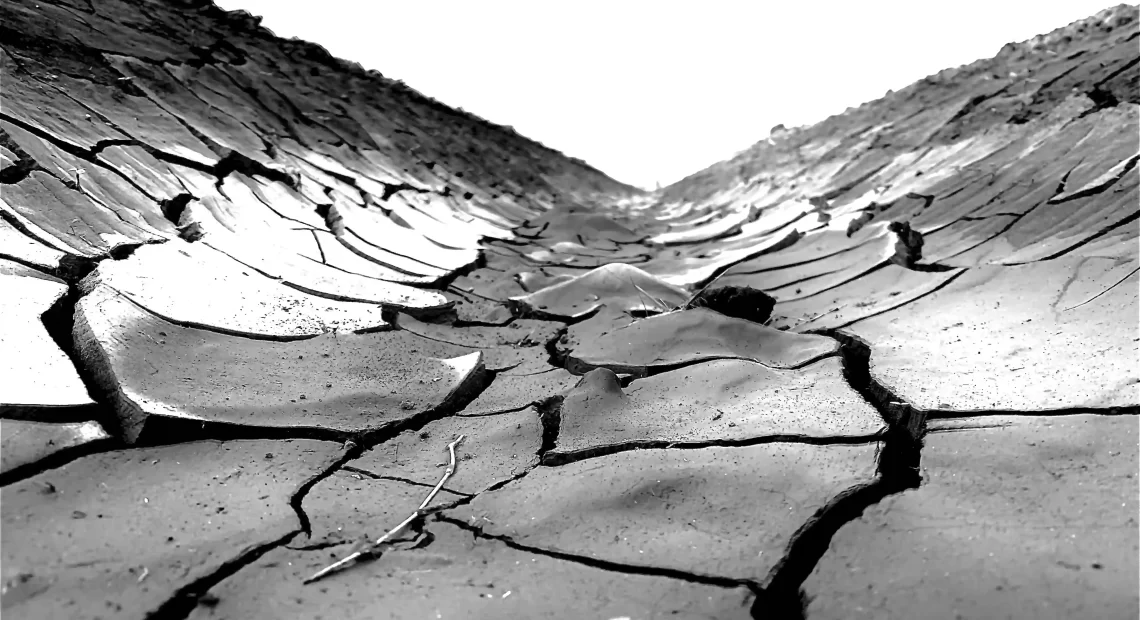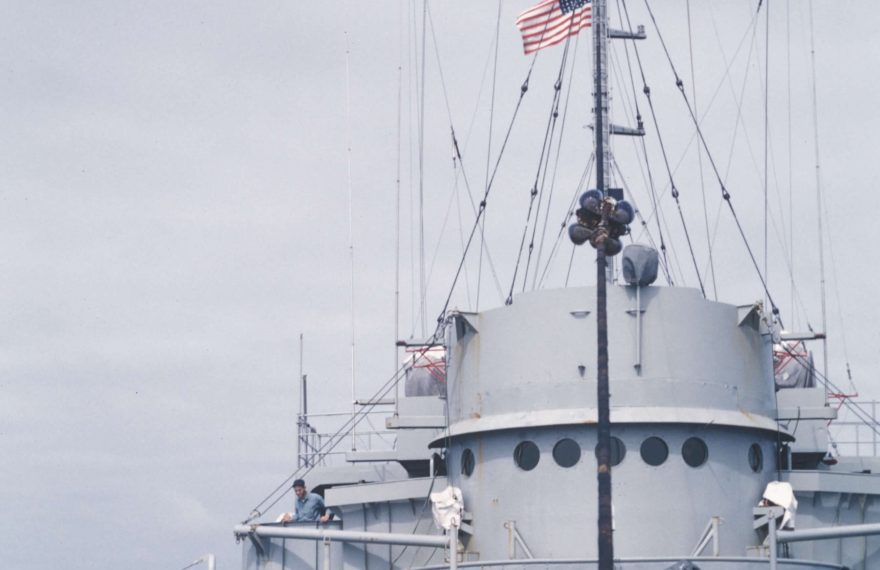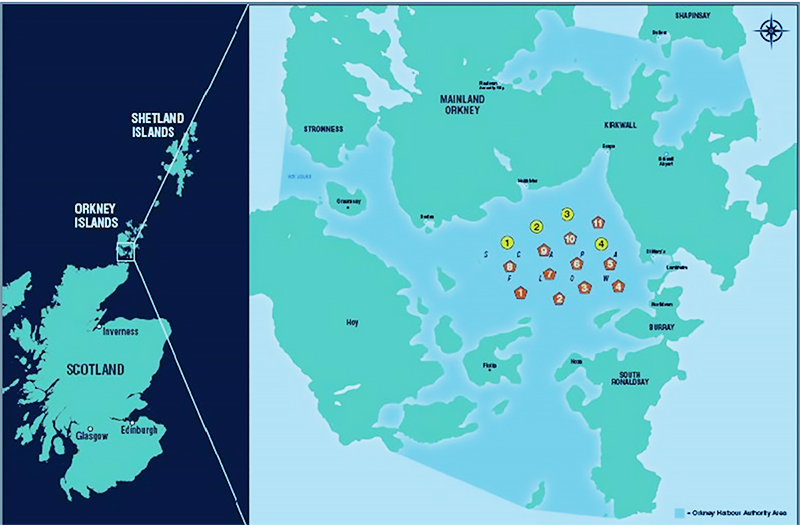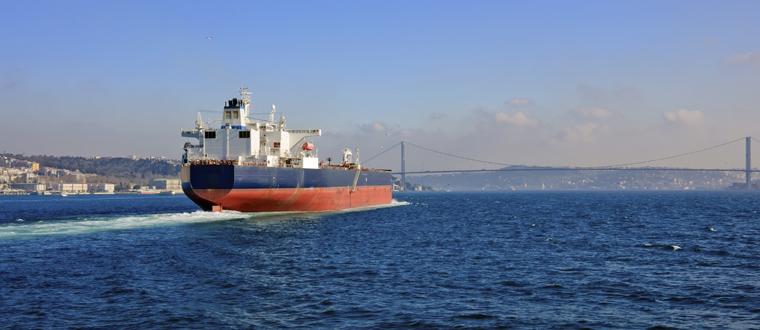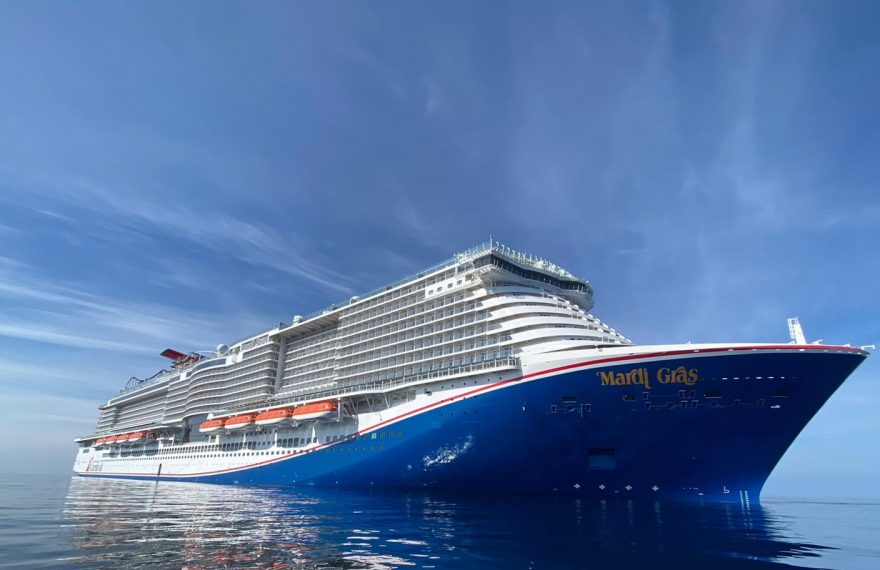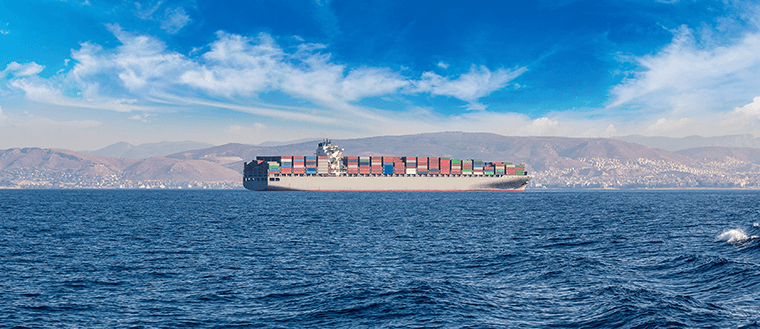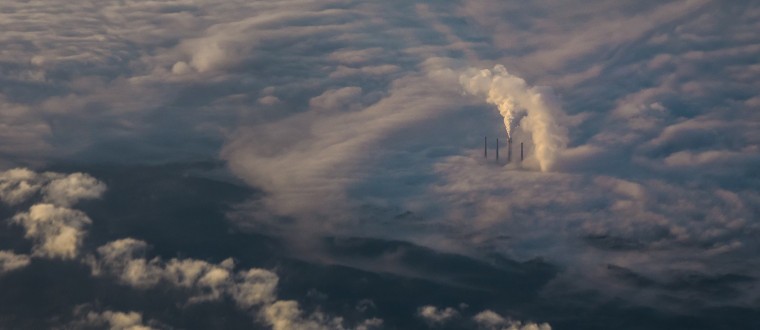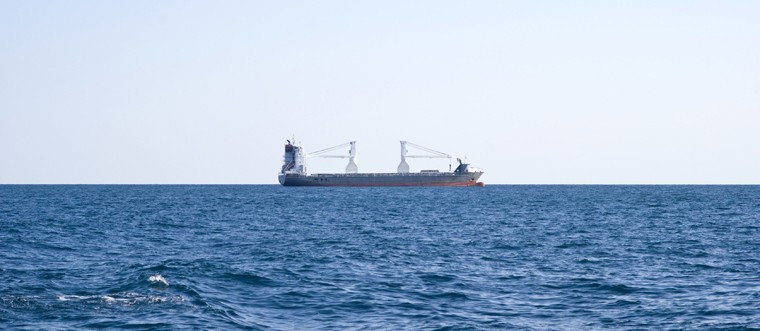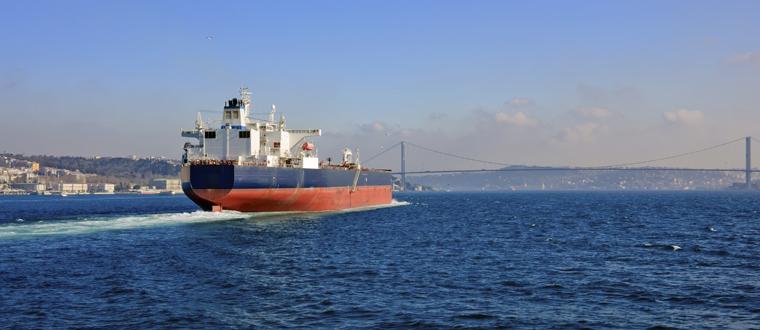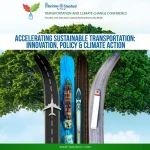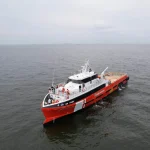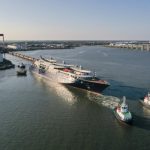The Aral Sea was one of the largest inland bodies of water in the world, located in Central Asia between Kazakhstan and Uzbekistan. Unfortunately, a catastrophic mistake in the 20th century resulted in the gradual shrinking of the sea, leaving behind a desert landscape and a legacy of
As climate change continues to affect our planet, it is crucial to understand the mechanisms behind it and how it affects the Earth’s ecosystems. One important tool that has been instrumental in gathering data to understand climate change is oceanographic sensors. These sensors have been used to measure various parameters of the ocean, including temperature, […]
Orkney’s Infrastructure Legacy Orkney has a rich history of significant infrastructure projects, dating back to the construction of the Ring of Brodgar, which reshaped our understanding of the sophistication of Neolithic society. Today, innovation continues to thrive on the archipelago, exemplified by the recent Islands Growth Deal, a £393 million investment package
It’s a well known fact that carbon emission is the main cause of the current climate crisis. Shipping industry produces black carbon that seriously affects the amount of CO2 in the air. In an effort to reduce carbon emission in the shipping industry, more and more companies are now participating in sustainable practices and focusing […]
As challenges go, significantly cutting the shipping industry’s carbon footprint by 2050 is a big one. A sector powered by fossil fuels must learn to build a new generation of vessels that harness greener energy such as hydrogen or ammonia. In line with the IMO World Maritime theme for 2022, New technologies for Greener […]
Zero-emission fuels and vessels will need to start being deployed at scale over the next decade to achieve full decarbonisation of the shipping sector by 2050. The piloting and demonstration of decarbonisation technologies has already begun; however, scaling these initial efforts into industry-wide solutions will be challenging, given the heterogeneous and complex nature
Climate threats and IHM-approaches – anything in common? One technically challenging, the other bureaucratic, both becoming part of daily business. Majority of global fleet is affected and meeting the targets sounds good, but proper solutions are required, better sooner than later! Solving such challenges and seeing it as a competitive factor requires some insight from
Climate change is one of the greatest challenges that we face today. Global issues such as deforestation, extreme weather events, rising sea levels, etc. are all results of climate change and global warming.
GAC and Total Solar Distributed Generation (’Total Solar DG’) Middle East are celebrating a year since the solar project at GAC’s Dubai South contract logistics facility has been commissioned.
The first of these milestones was achieved in 2020, when Stena Bulk began offering customers low-carbon shipping options with up to a 100% reduction of CO2 emissions.

